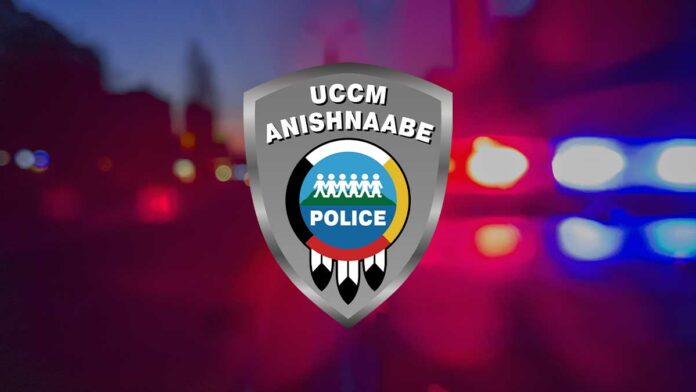When it comes to casual conversation amongst non-Indigenous members of the public when hearing of the (often multi-million dollar) settlements being signed between the various levels of the Crown and Indigenous communities, a common sentiment is heard—”it’s coming out of our tax dollars.” But nothing could be further from the truth.
Certainly, much of the funds being handed over from levels of government in recent years is coming from the money being collected by the Crown in the form of taxation. But the payments themselves reflect the promises made by the Crown, at both federal and provincial levels, to the First Nations in return for very tangible assets they have agreed through treaty to share with the rest of the nation.
Those funds include shares of the revenue from natural resources (stumpage fees on trees harvested, mining leases, fishing licences, both commercial and individual, and rights of way for highways, etc), it also includes revenue from the sale of the rights to use properties (the Crown retains actual ‘ownership’ of the land—albeit that is a point of contention with many Indigenous governments and individuals).
The recent settlement and apology signed by five Island First Nations and the Crown in Audeck Omni Kaning is a recognition of the failure of our nation’s governments to live up to the binding contracts signed with the original inhabitants of this land we call Canada.
In the words of Violet McGregor baa of Birch Island (Whitefish River First Nation) following the residential school apology, “it’s just words.” For reconciliation to have any real meaning—like any other apology—there must be at least some attempt at remediation of the offence.
If there is something in which we, as Canadians, can all take pride in, it is that our nation is at the forefront of meaningful restitution to those upon whom our country’s wealth has been built. Make no mistake—despite the challenges being faced by those below the .01 percent in this country—we are still incredibly wealthy by any measure.
The $447.9 million settlement that was signed this past August between the federal government and Aundeck Omni Kaning, M’Chigeeng, Sheguiandah, Sheshegwaning and Zhiibaahaasing First Nations is not a generous stipend gleaned from the pockets of the taxpayer—it is a settling of accounts for grievous wrongs perpetrated by successive governments of all stripes over more than the past 150 years, including the sale of most of Manitoulin’s real estate following the 1862 treaty where the proceeds from these sales was supposed to direcetly benefit the Island’s Indigenous communities.
You don’t have to take The Expositor’s word for that. The courts, over and over again, have made it clear that these are monies owed.
In truth, the willingness of the First Nations leadership to negotiate a settlement rather than follow the arduous path of litigation has saved the taxpayer an enormous amount of money in legal fees, court costs and economic losses from protests blocking highways and rail lines that are the lifeblood of our commerce. For that we should all offer up a heartfelt chi-miigwetch—thank you very much.
Settlements such as that of the Manitoulin Project, and the Robinson Huron Annuities Case that preceded it, can never adequately compensate Indigenous peoples for the untold pain, suffering and loss engendered by our nation’s leaders’ actions or inactions—and by extension ourselves—for not living up to our legal obligations in the past.
We can only hope, most fervently, that these actions will be the beginning of a true reconciliation between the original peoples of this land and those who have come after.
As entertainer Susan Aglukark recently noted during her performance at the Manitoulin Hotel and Conference Centre celebration of Mnaamodzawin’s 25th anniversary gala, “reconciliation cannot happen if there is only one at the table.”
There is often talk about the “honour of the Crown” in these discussion and negotiations—but it is important to understand that the Crown’s honour is our honour.
We all benefit from the bounty of these lands—it is long overdue that we pay our share.





